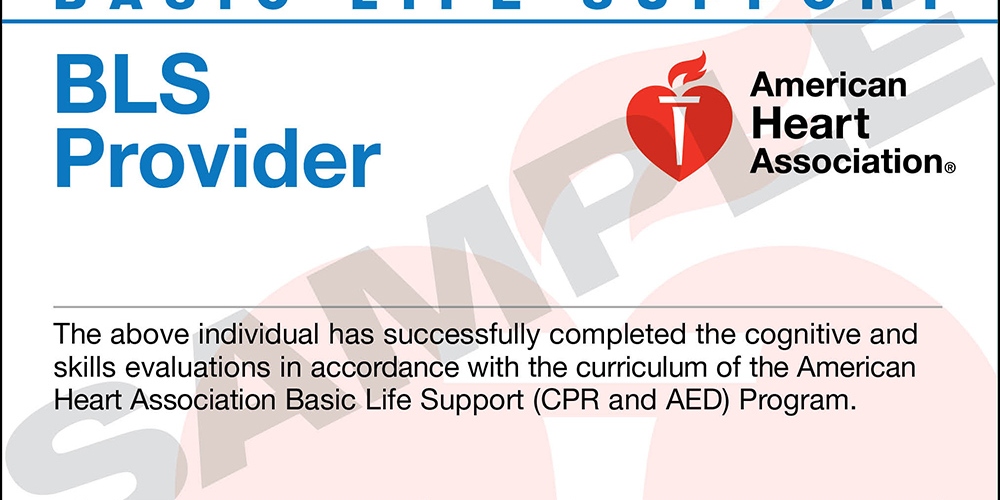PALS, fully known as Pediatric Advanced Life Support, is a medical course, which empowers healthcare professionals with essential skills and knowledge required for identifying and curing critically sick children or newborns. It consists of course materials based on scenarios and members are trained in the form of a team for handling the emergency situations. Patient stabilization and transport phases are important parts of this program.
Components involved in a PALS course
This training program is basically for those healthcare professionals, who manage and provide advanced support of life to pediatric patients during emergencies. Here are some important components of PALS training programs:
- Identification and cure of cardiopulmonary arrest among children and toddlers.
- Meticulous pediatric assessment.
- Efficacious management of respiratory systems.
- Substantiation of CPR as well as AED skills.
- Synchronized cardioversion and defibrillation.
- Successful revival of team dynamics.
- Administration of fluid bolus and intraosseous access.
PALS Providers
A healthcare needs to be registered in order to get enrolled into a PALS course. Therapeutic and diagnostic interventions are provided to trainees so that they become capable of avoiding, evaluating and treating emergencies like cardiac arrest and respiratory problems. There are certain authorized student materials, status maintenance and prerequisites involved in PALS course which you must be aware about.
Make sure that you opt for PALS course in an authorized training center like http://www.aclsed.com/, where all important things about advanced support of life are taught properly to each individual. Also, see if you can get a discount or rebate while applying for the course. Meanwhile, you should opt for a renewal course as well, where it will help you in updating and reevaluating your skills and knowledge for managing the resuscitative efforts.
PALS instructors
In a PALS course, there are basically two modules, core training and specific module. In case of core program, general information is covered related to HSF and its principles regarding adult education. Everything associated with HSF, such as policies, administration and procedures, is introduced to PALS instructor aspirants. Pre and post preparation for the course is also made possible with the help of Resuscitation.
On the other hand, specific PALS course covers all of the vital educational materials as well as syllabus, which are important for the distribution of renewal courses and HSSF providers. You also need to opt for an instructor renewal program in order to preserve your registration with the HSF. This renewal is mandatory after every 3 years. Once the course is completed, an existing curriculum along with guidelines is provided to PALS instructors.
Their skills are reevaluated through the assessment of original instructor courses and education learning is required during the process. Another course, by the name of Guideline Update, is provided to instructor candidates as well as registered candidates of HSF. This program is highly important to treat variations occur in cardiovascular care and CPR.
Lastly, this course offers an introduction to instructors regarding the change rationale and guidelines. It provides an opportunity for candidates and professionals to learn the revised techniques of educational delivery and the type of syllabus used in HSF.










Comments are closed.